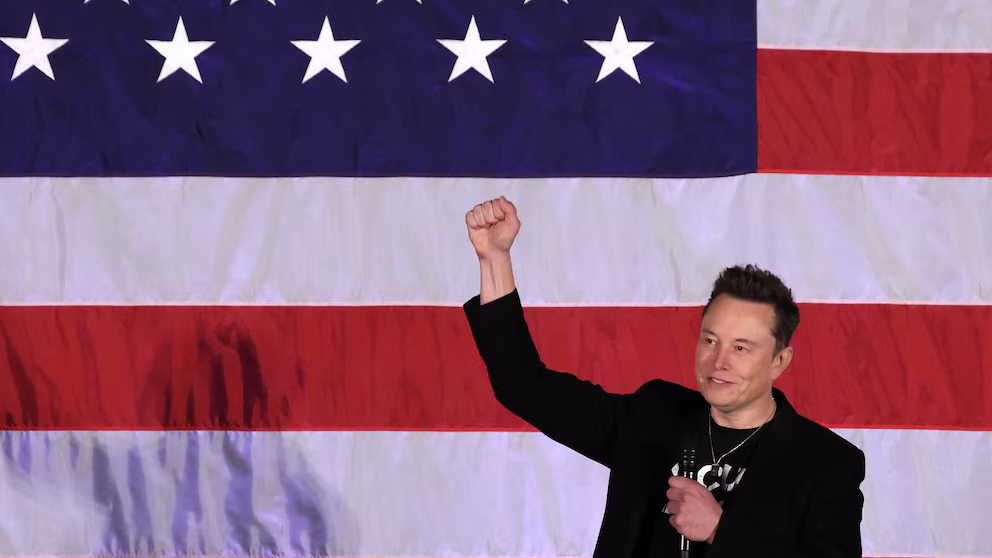Recently, discussions between Elon Musk, the CEO of SpaceX and Tesla, and Russian President Vladimir Putin have surfaced, raising significant concerns regarding the interplay between business, technology, and international relations.
Musk, as a pivotal figure in the tech industry and a key contributor to U.S. space initiatives, is under scrutiny for his connections and communications with one of America’s leading adversaries.
A Wall Street Journal investigation revealed that Musk has been in regular contact with Putin since late 2022, discussing a range of topics including personal, business, and geopolitical issues. This information comes from various credible sources, including officials from the U.S., Europe, and Russia.
A particularly concerning conversation involved Putin requesting Musk not to activate Starlink satellite internet services over Taiwan, which was framed as a favor to Chinese leader Xi Jinping. However, this request seemed largely symbolic, as Taiwan has regulations that prevent foreign satellite operators, including Starlink, from providing service within its territory.

The U.S. government views Musk’s discussions with Putin as highly sensitive due to his established business ties with military and intelligence agencies. Musk holds a security clearance, granting him access to classified information related to U.S. space programs.
At a recent campaign event, Musk humorously acknowledged his clearance but downplayed the excitement of the classified information, suggesting that much of it is mundane and uneventful. However, his interactions with Putin have sparked alarm among some U.S. officials, particularly in light of Russia’s status as a major adversary.
In response to the revelations, calls for investigations have emerged from various quarters. NASA Administrator Bill Nelson expressed concern over Musk’s communications with the Russian president, particularly regarding the implications for NASA, the Department of Defense, and intelligence agencies.
While White House officials have acknowledged the discussions, they have refrained from confirming the details or the authenticity of the reports, leaving the situation somewhat ambiguous.
Musk’s interest in Russia dates back to the early 2000s, during his initial attempts to purchase rockets for SpaceX. Despite failing to secure a deal, this trip marked the beginning of Musk’s engagement with Russian space technology.
In recent years, Musk has become more involved in global geopolitics, meeting with various international leaders and initially supporting Ukraine during the Russian invasion in 2022 by providing Starlink terminals for internet access.
However, his position seemed to shift when he restricted Starlink’s use for offensive military operations, which some believe was influenced by pressure from Russia. As concerns about Musk’s communications with Putin continue to mount, the implications of these relationships for international relations and U.S. security remain a critical topic of discussion.


